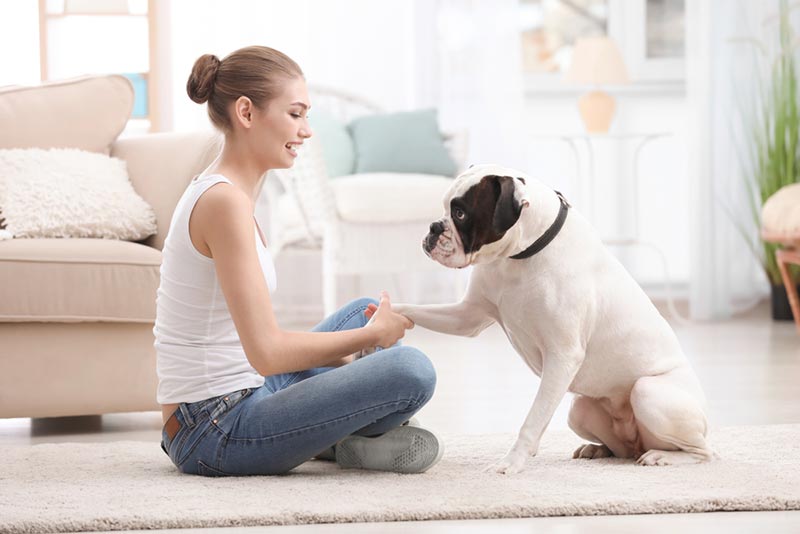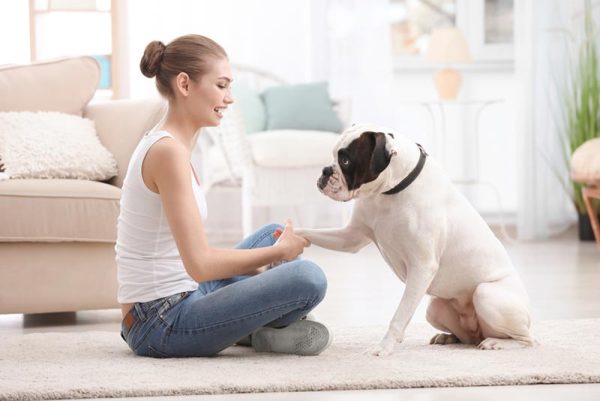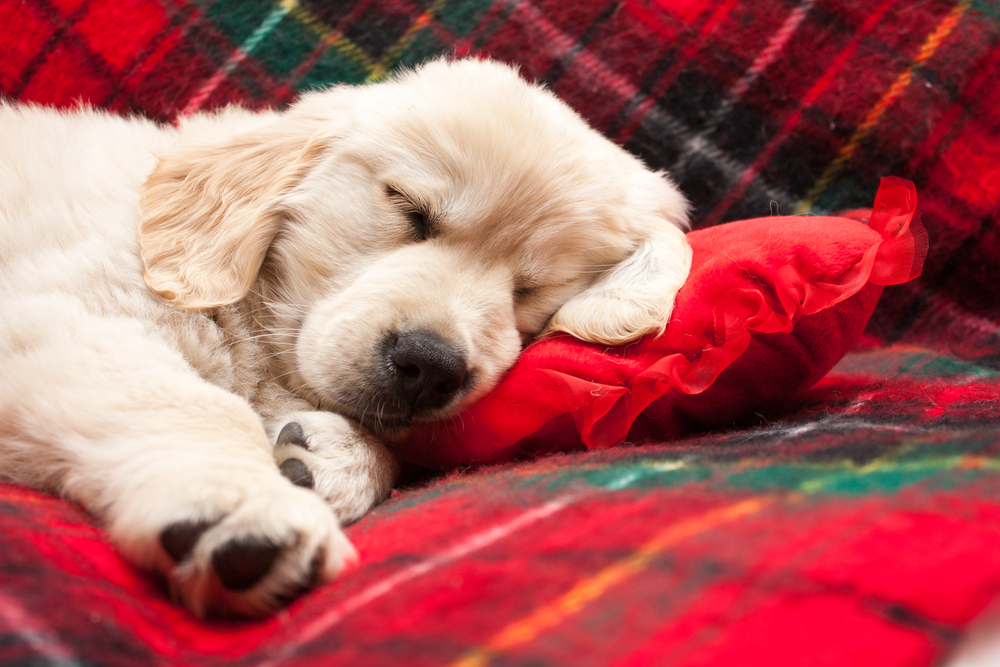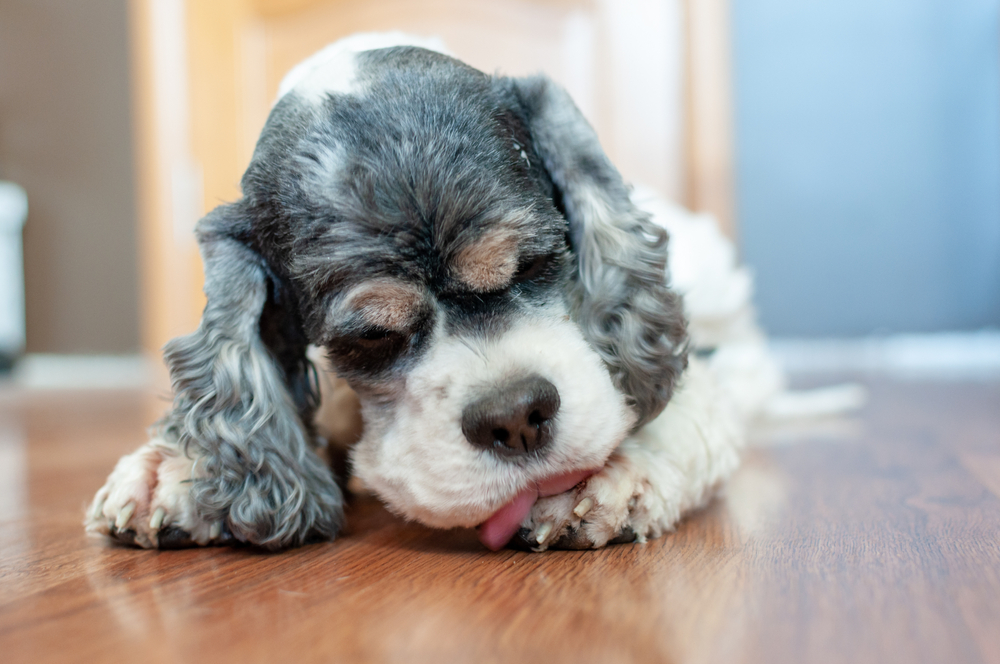Click to Skip Ahead
It’s no secret that dogs create long-lasting relationships with their favorite humans. When raised right, a pup can grow into your best friend, guardian, and training buddy. So, does that mean our four-legged buds think of us as parents? Well, it’s a gray area!
Pet dogs see us as providers and protectors, yet we don’t exactly replace their biological parents. What does that make us, then? Are we like siblings or alphas? How do dogs recognize humans? What does science have to say about this? You’ll find all the answers in our detailed guide, along with tips on how to make your bond stronger!

The Secure Base Effect in Dogs: Breaking It Down
Human babies rely heavily on their parents to protect, support, and lead them. Children only interact with their surroundings when they feel safe to do so. This is called the secure base effect. Without it, infants have a hard time growing into confident, independent adults. And according to scientific research, dogs have a similar relationship with their human owners.1
Once we prove to be trustworthy, canines start perceiving us as care providers and guardians. But they need time to bond with a human. For this reason, pups become more attached to the person in the family that spends more time with them. Also, in the presence of a long-time owner, they happily and securely explore the environment and face various threats, even if the owner isn’t very encouraging.
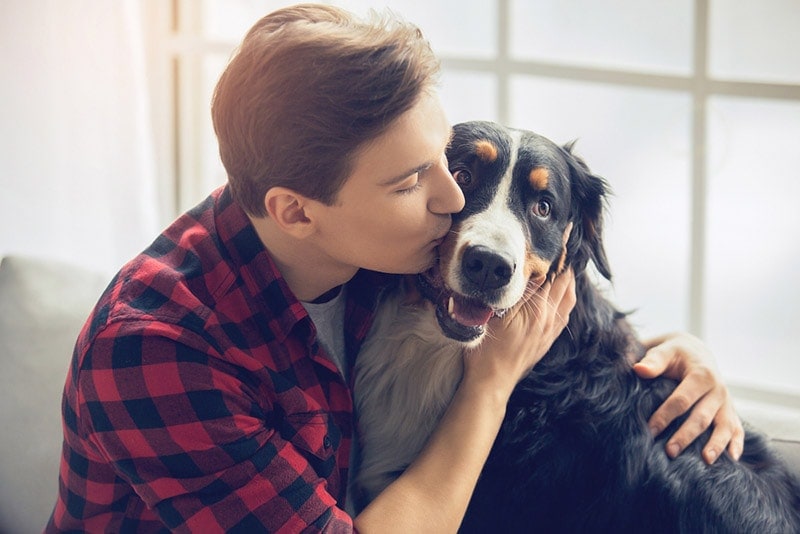
So, Does My Pet Pup See Me as a Parent?
We treat our fur babies with love and care, and the emotions that we feel toward them are very similar to what we experience with human babies. But do dogs see us as their parents or not? To a certain extent, yes, because we’re the ones who feed, groom, bathe, and protect the fluffy troublemakers. Now, the bond between a human and a dog can be very strong.
Still, pups don’t consider us their birth mommas or poppas. The best way to describe our relationship is a pack/family. A quick note: In the wilderness, once puppies reach 6 to 12 months of age, they no longer need their mothers for shelter, food, or security anymore. But we, their human owners, don’t mind providing for them well into their senior years!
Why Do Dogs Obey Our Commands?
Dogs originated from wolves thousands of years ago. And, just like their ancestors, canines are pack animals. So, when a pup ends up in a human family, they’re happy to develop social ties. As with any group, there has to be someone directing and others following for them to stay and be functional together. In the case of your dog, who is living in your home, they shouldn’t be the ones calling the shots.
That said, certain breeds like Huskies, Shepherds, Bulldogs, and Mastiffs are natural-born leaders. They tend to be stubborn and won’t follow your lead from the get-go. Thankfully, you can get there with obedience training. Be patient, encourage good behavior via positive reinforcement, and let the dog know there’s going to be a reward.
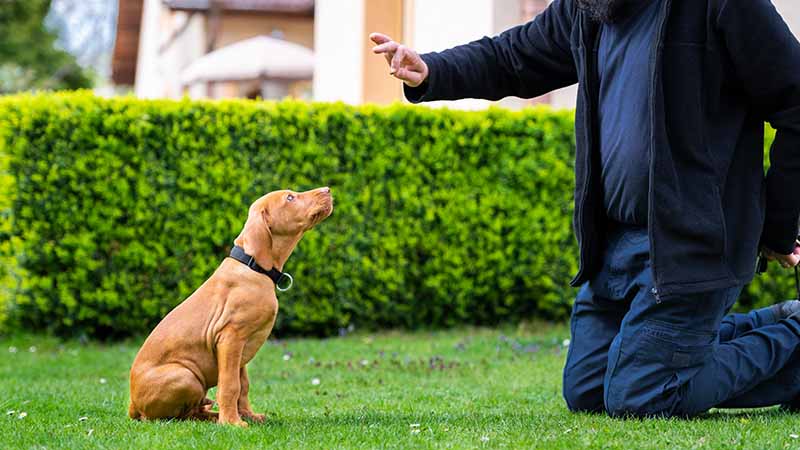
Do Dogs Get Attached to Their Human Parents?
In the eyes of a dog, the owner is a “special someone” who tends to their needs and provides shelter. In contrast to most animal species, we don’t push our furry buds away once they get older. As a result, pups develop strong, secure attachment bonds with their owners. Now, we’ve been living side by side with canines for more than 15,000 years and had time to warm up to each other.
But, to this day, science doesn’t have a direct answer to the most popular question: What exactly do dogs think, or how do they feel about us? Well, affection is certainly a part of the deal. This becomes apparent when our pets rush to the door to welcome us, wag their tails, and give us licks and kisses. Dogs also run to us when worried/scared, which means they associate us with safety.
How Do Dogs Recognize Us?
There’s a common myth that claims dogs think of us as just bigger dogs, but it’s not really true. The reason for this is simple: Canines have a strong sense of smell, and it takes them a quick sniff to know we don’t belong to the canine kingdom.
Besides, dogs excel at processing various odors and can associate them with different creatures. That’s why Bloodhounds, Shepherds, Beagles, and Labradors can catch their target’s scent from miles away! Lastly, every single human has their own unique smell, and dogs can quickly single out the scent of their owners because that triggers the reward center in their
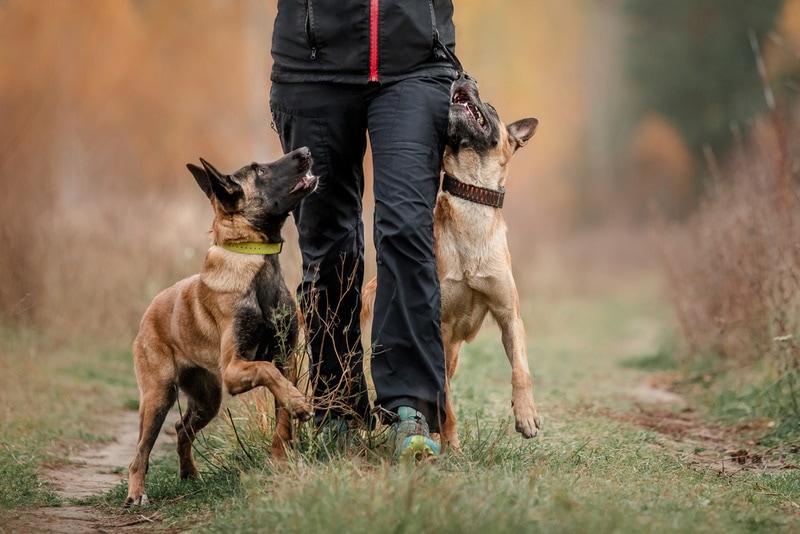
What About Eye Contact?
A dog’s sight isn’t as powerful as its sense of smell, but it’s still sharp enough to recognize familiar places and faces. More than that, dogs seek eye contact, which is a rare thing among animals. They’re also well capable of storing memories, including that of odors, sounds, and, of course, visions. So, rest assured your pup won’t forget you if you leave the house for a day or two or even a month.
True, it might get mad at you and develop separation anxiety. But since you’re the most important human in their life, the dog will surely have more than enough shared memories to instantly recognize you. To back that claim, a recent study suggests that visual and olfactory perceptions in dogs are independent but somewhat interconnected and processed similarly in their brains.
How Do You Strengthen Your Bond With Your Dog?
If you’re working all the time, it’s hard to find time to spend with your fur babies, yet that’s how you get closer. Dogs feel more confident when they have predictable schedules and clear rules. For example, if you’ve always been training with the pup early in the morning, they will expect it and might get anxious if this suddenly changes. So, do your best not to miss a walk, jog, hike, or Fetch session with the pet.
On top of that, try to include the fluffy bud in your fun activities. Again, this can be a walk/hike or something chill like watching a movie or playing intellectual games on the carpet. The training sessions also play a key role in establishing a beautiful relationship with a dog. As we stressed earlier, you need to be a very clear yet friendly trainer and reward the pet with positive reinforcement.
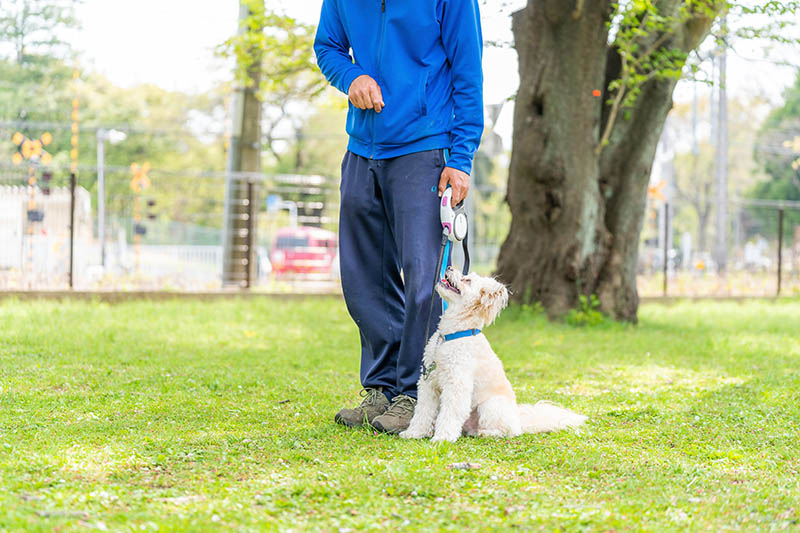

Conclusion
There are hundreds of dog breeds out there, yet they all have one thing in common. Dogs are incredibly affectionate creatures and often get attached to humans. The owners, in return, like to call them fur babies. However, we don’t replace their actual moms and pops, nor do they think of us as dogs.
That said, the emotions and behavioral patterns are very similar to a parent-child dynamic. Thus, pups see us as family members, caretakers, and leaders. Providing shelter, food, and care creates a secure base for pet dogs, just like we do for our children. A well-treated doggo is a happy doggo; ultimately, that’s what really counts!
Featured Image Credit: Africa Studio, Shutterstock

